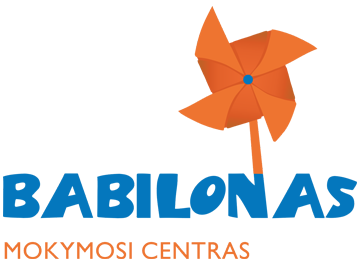We invite you for a conversation - to discover, dare and believe that everything is possible.
Teaching methodology: emotional intelligence + philosophy of non-formal education, which intersects with the principles of humanistic pedagogy. You would engage in practical-experimental tasks and provocations, work in groups, discuss, reflect and make self-assessments.
We offer a list of available themes - you can choose and create a custom one or two day program. Each of our programs is tailor-made and adapted to your needs.
